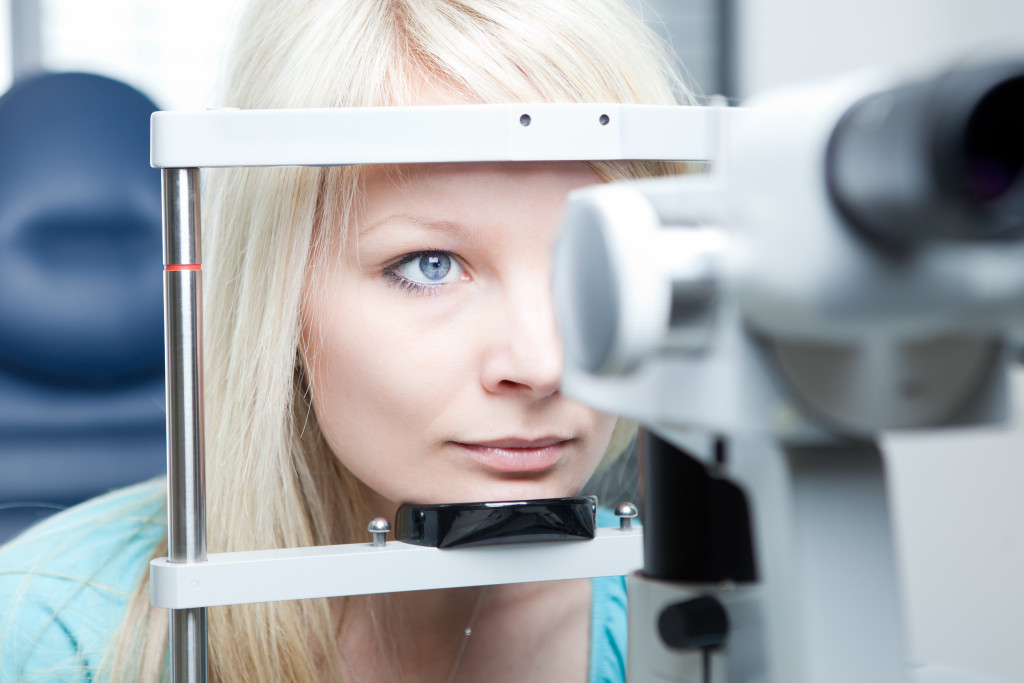From gray hair to creaky bones, aging will bring about many unexpected changes to your body. Although nobody ages the same way, you’ll experience specific transitions as you get older. Here are some changes you should expect and how you can prepare for them:
Bones
As you get older, your bones will decrease in density and size. This makes them weaker and more vulnerable to breaking. You should also expect to get a little shorter. You might develop osteoporosis, scoliosis, or osteoarthritis.
To promote bone and joint health even in old age, you should make sure to consume a healthy amount of vitamin D and calcium. Vitamin D can be found in eggs, fatty fish, and beef liver. Meanwhile, calcium-rich foods include dairy, tofu, soybeans, sardines, and green leafy vegetables.
When it comes to bone conditions like osteoporosis and scoliosis, adults exercises can promote strength and mobility to help slow down the process of bone weakening ad build muscle strength to support your weight.
Eyes
 In old age, your eyes tend to lose the ability to change shape in a process known as presbyopia. This makes it more difficult for your eyes to focus on objects that are up close. Other age-related eye issues include glaucoma, cataracts, chronic dry eyes, and macular degeneration.
In old age, your eyes tend to lose the ability to change shape in a process known as presbyopia. This makes it more difficult for your eyes to focus on objects that are up close. Other age-related eye issues include glaucoma, cataracts, chronic dry eyes, and macular degeneration.
Take care of your eyes by wearing protective eyewear when using your computer or mobile phone, as well as when you’re going out into the sun. Rest your eyes as frequently as possible, and avoid eye strain. It also helps to know your risk factors and regularly visit your eye doctor to get a checkup and receive proper care.
Brain
As you age, your brain will diminish in volume. This brings about several changes when it comes to your memory and thinking skills. You might find it more difficult to recall specific details, and you’ll have difficulty carrying out certain tasks. Some factors put you at risk of neurodegenerative diseases such as Alzheimer’s disease, Lou Gehrig’s disease, and Parkinson’s disease.
You can keep your brain sharp by engaging in stimulating mental and physical activities. Reading, writing, solving puzzles, meditating, and exercising have all been proven to boost cognitive function and lower stress. You should also maintain a healthy diet rich in healthy fats, vegetables, and fruits.
Ears
Age-related hearing loss is also known as presbycusis and occurs when the tiny hair cells in your inner ears receive damage over a long period. This can be a natural degradation of hearing, or it can be caused by long-term exposure to loud noises.
While you can’t entirely prevent age-related hearing loss, you can still slow down its effects by protecting your ears from sounds that are too loud or last too long, such as the sound of fireworks going off, lawnmowers, firearms, or loud music. Use ear muffs and earplugs when exposed to noises like these or try to avoid being exposed to these noises altogether.
Everyone goes through the same set of changes as they get older. There’s nothing to fear when you experience any of these things, especially if you prepare for it early on.



















